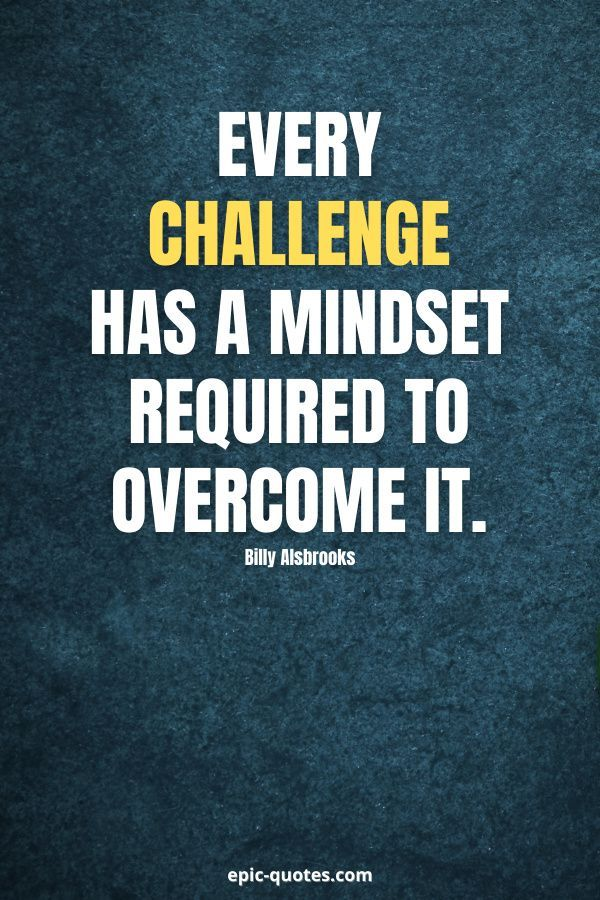
11/24/24: When I first learned trading, the single most effective learning strategy I found was printing out charts of the market I was trading (S&P futures) on different time frames, charts of other stock indexes on those time frames, and a core set of indicators (RSI, NYSE TICK, VWAP lines, etc) on those time frames. Every day, I identified the "trade of the day" and studied how it set up on the different time frames and how it set up on the various indicators. I also studied how to best enter the trade, where to set a stop, when/where to take profits/add to the position, etc. I literally did this for the better part of a year before going live with meaningful size. By that time, the patterns were ingrained in my mind and a natural part of how I viewed the market. I didn't fully appreciate it at the time, but I was also training myself to maintain an opportunity mindset and a positive psychology. We can train ourselves to think big.
11/21/24: Here are two keys to successfully mentoring ourselves:
1) Process market activity and trading ideas in multiple ways in great detail: talk them aloud, write them down, chart them, discuss them with others and listen to their reactions. What we process many times in many ways, we are much more likely to internalize. We mentor ourselves by guiding our own processes of preview, performance, and review.
2) Put energy and enthusiasm into the learning process: highlight the details that point to opportunity, focus on identifying and learning from what we've done well, treat mistakes as fuel for growth and learning. The most positive development occurs in a positive mindset.
===
I'm in the process of finishing my next book, tentatively titled Positive Trading Psychology. The last chapter has been the most fun to write, because I've learned the most in writing it. Nine mentors who work at SMB Capital submitted their best mentoring practices to be included in the text. Even though I've worked with all of these mentors/traders personally, I found their ideas to be eye-opening. Here are a few important lessons for developing traders that will be covered in detail in the book:1) Seek Training, Not Just Education - Education is necessary for professional development and elite performance, but it is not sufficient. Medical students begin their studies in the classroom, learning anatomy, physiology, etc, but they learn the practice of medicine by observing and helping senior students, interns, residents, and attending physicians. Coursework and webinars cannot substitute for real-time experience under the guidance of a mentor. The mantra in medical education is "see one, do one, teach one". We develop expertise by observing masters at work, by tackling performance under supervision and guidance, and finally by cementing our skills by teaching others.
2) Learn From Multiple Mentors - We begin by copying a master; we develop our own styles by absorbing the skills of multiple masters. Copying the master brings us to a level of competence. Synthesizing the learning from multiple mentors develops our own styles and brings us to a level of mastery. Teaching others cements our learning and transforms mastery into expertise. Too often, traders seek answers in a single video, podcast, or course. Expertise comes from finding and cementing our answers, not by mimicking others. There are no short cuts in the development of elite performance.
3) The Best Learning Instills Optimal Trading Psychology - A mentor is not just someone who teaches you where to buy and sell. An effective mentor models how to think about and pursue opportunity: how to blend risk prudence and reward maximization. In teaching trading process, mentors inevitably model trading mindset. We most effectively learn trading psychology in our pursuit of sound trading. Great mentoring builds a positive trading psychology, as it establishes a sense of understanding and mastery. We internalize optimal trading psychology when we ground ourselves in optimal trading process.
Most of all, the SMB mentors have taught me that the best teachers are always learning from their students. The effective mentor-student relationship creates teamwork. Mentors learn from the research and practice of their students just as the students learn from the instruction and guidance of mentors. Great mentoring forms great teamwork, making everyone better--
Further Reading:
Three Questions to Ask About Any Market
.

























